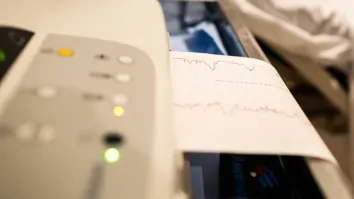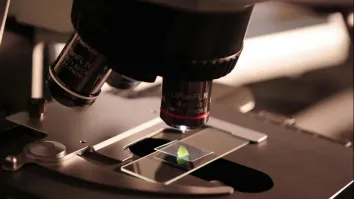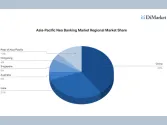
Health Management International buys S$40m share in StarMed
It will own 62.5% stake in Singapore's first private one-stop ambulatory care centre.
Health Management International Ltd announced the acquisition of a 62.5% equity stake in StarMed @ Farrer Square Pte Ltd for a consideration of S$6.9 million.
In addition, the Group will inject a S$1.9 million shareholders loan while assuming obligations of up to S$31.2 million worth of loans, which is in proportion to its shareholdings.
StarMed@FS owns StarMed Specialist Centre, a new one-stop day-surgery and multidisciplinary medical centre that offers quality clinical services at competitive private sector prices.
The centre is conveniently situated above Farrer Park MRT station and co-located with the 300-room Park Hotel Farrer Park. StarMed spans approximately 16,000 square feet across four floors.
It is planned that services at StarMed will be competitively priced, making quality private healthcare affordable and accessible for local and foreign patients. StarMed will initially focus on cardio-vascular, digestive services and minimally invasive surgeries. Along with a day-surgery centre, additional facilities include a diagnostic and interventional radiology centre, an endoscopy centre, a multi-disciplinary medical centre, day care beds and private rooms.
Renovation at the site is on-going and operations are expected to officially commence in the second half of 2018. In Singapore, the number of surgical procedures conducted amounted to over 800,000 in 2016 with day procedures contributing to approximately 37% of the total.
The growth in day procedures has continued to outpace inpatient procedures, growing at a 16-year cumulative average growth rate (“CAGR”) of 7.6% as compared to 2.1% growth rate for inpatient procedures. This trend is set to continue as many procedures are subsidised at flat rates by the Ministry of Health and patients are increasingly taking up day surgeries for the convenience of same-day discharge. Moreover, due to the bed crunch scenario facing hospitals today, the MOH and hospitals alike are focused on increasing day surgeries to reduce bed occupancy rates.
Similarly, Singapore has seen a growing demand for diagnostic imaging services, growing at a CAGR of 6.8% from 2008 to 2015. Structural shifts have driven this trend as increasing per capita healthcare spending, an ageing population and expanding insurance coverage has led to an increase in demand for imaging.
A preference towards early diagnosis and less invasive procedures has also contributed to the rise, where the demand for diagnostic imaging is expected to grow at a CAGR of 8.9% from 2015 to 2026.



















 Advertise
Advertise





